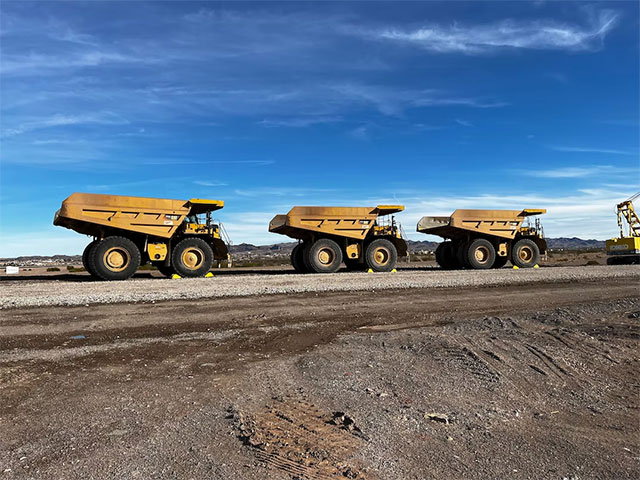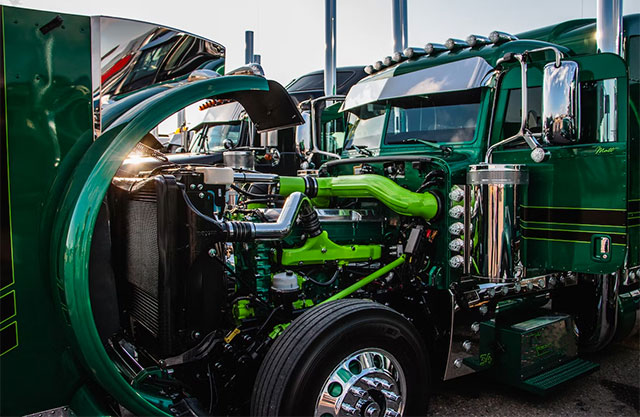Hydrogen combustion engines are increasingly gaining attention as a promising alternative to traditional fossil fuel-powered engines. There are several reasons why hydrogen combustion engines are considered valuable. Hydrogen is a clean-burning fuel, which means that it does not produce harmful emissions that can contribute to air pollution and climate change. Unlike gasoline and diesel engines, which emit carbon dioxide and other pollutants, hydrogen combustion engines only produce water vapor as a byproduct.
Hydrogen is a renewable resource that can be produced from a variety of sources, including water, biomass, and solar energy. This means that hydrogen combustion engines have the potential to reduce our dependence on fossil fuels and help us transition to a more sustainable energy system. Additionally, hydrogen combustion engines have a high energy density, which means they can produce a lot of power with relatively little fuel. This makes them well-suited for use in heavy-duty applications, such as transportation and industrial processes. Overall, hydrogen combustion engines have the potential to be an important part of our clean energy future, offering a sustainable and efficient alternative to traditional combustion engines.
The Clear Choice for Class 4-8 Commercial Vehicles—Hydrogen Internal Combustion Engines Equipped with a SuperTurbo
HTT’s SuperTurbo is the key enabling technology for H2ICE on Class 4-8 commercial vehicles

Emissions Reductions
Commercial vehicle emissions must be drastically reduced in the coming years to meet upcoming regulations in support of global climate change initiatives
- The SuperTurbo enables engine OEMs to achieve all contemplated emissions reduction requirements (zero CO2, zero particulates, ultra-low NOx)

Performance Requirements
The SuperTurbo delivers exactly what engine OEMs need — “diesel-like” drivability
- The SuperTurbo allows transient acceleration(1) response times on an H2ICE that are 50% faster than competing turbos and comparable to existing diesel performance
- The architecture of competing turbos limits their transient acceleration response times sacrificing performance in order to meet emissions targets

Fuel Efficiency
The next generation of powertrain technologies must deliver fuel efficiency that is comparable to conventional ICEs
- The SuperTurbo achieves better fuel efficiency for hydrogen engines than competing turbos
- Superior fuel efficiency reduces total cost of ownership for customers

Market Readiness
Investment and development in zero-carbon powertrains is ongoing, necessitating production ready technology from suppliers
- The SuperTurbo design is production ready for hydrogen engines NOW
(1) Transient Acceleration–measures how quickly a system responds to a change from an equilibrium or a steady state (e.g. changes in engine speed)

